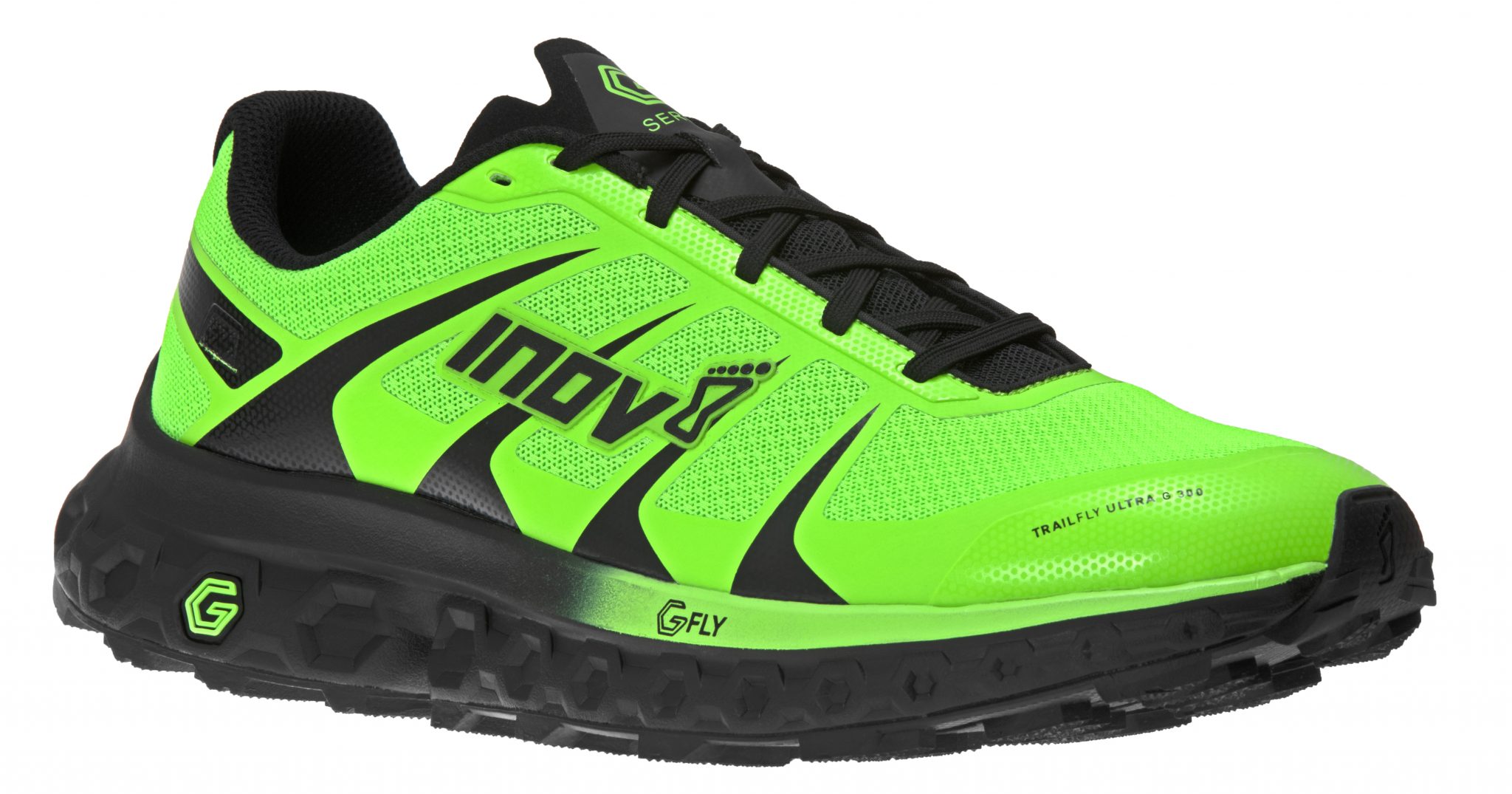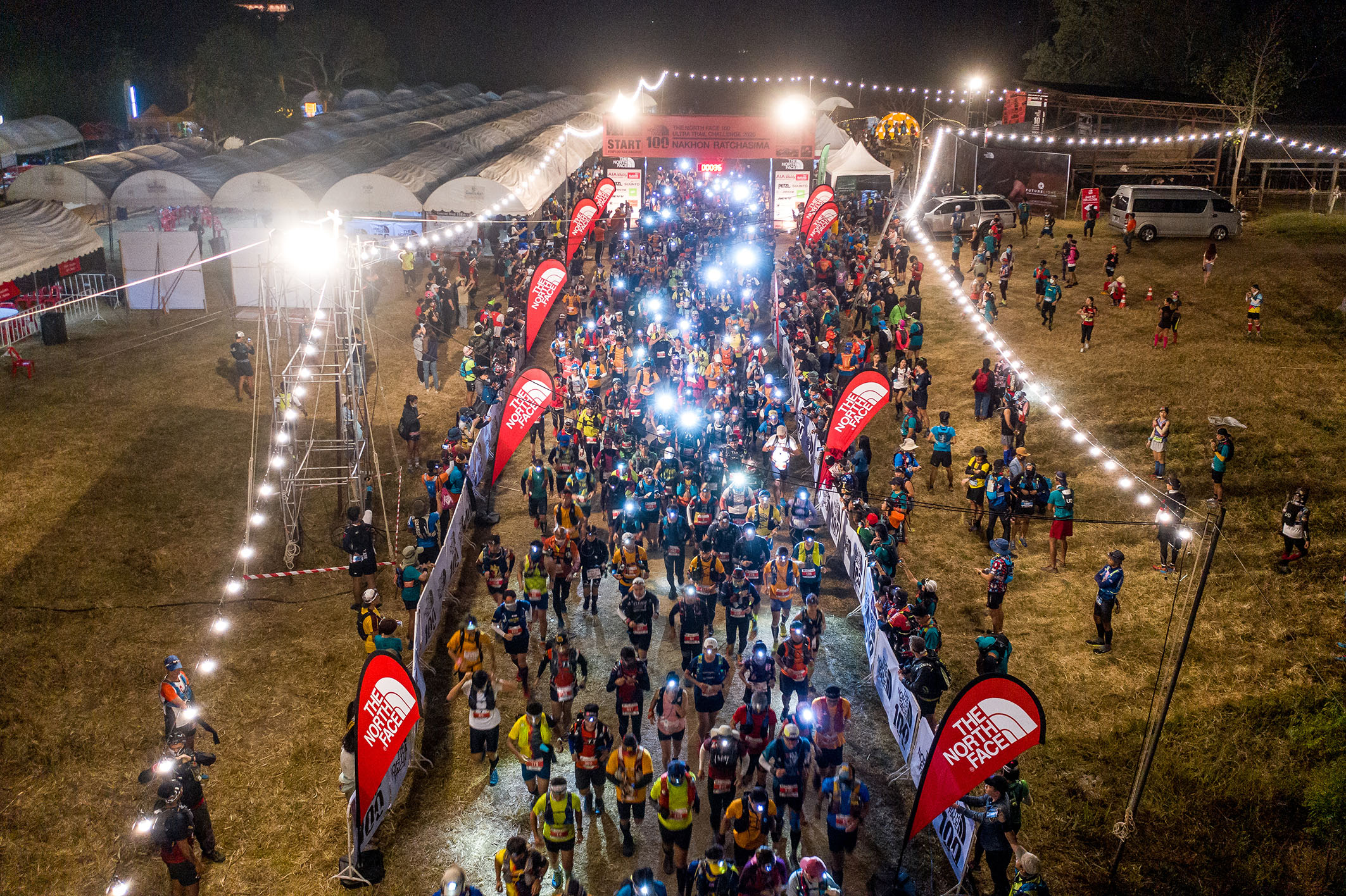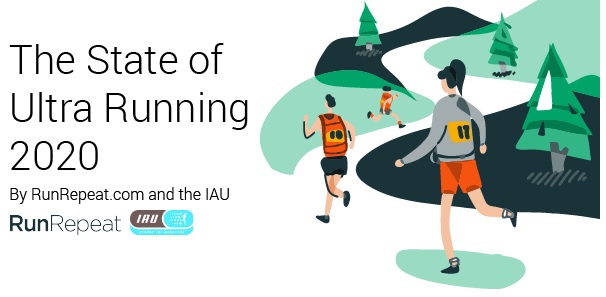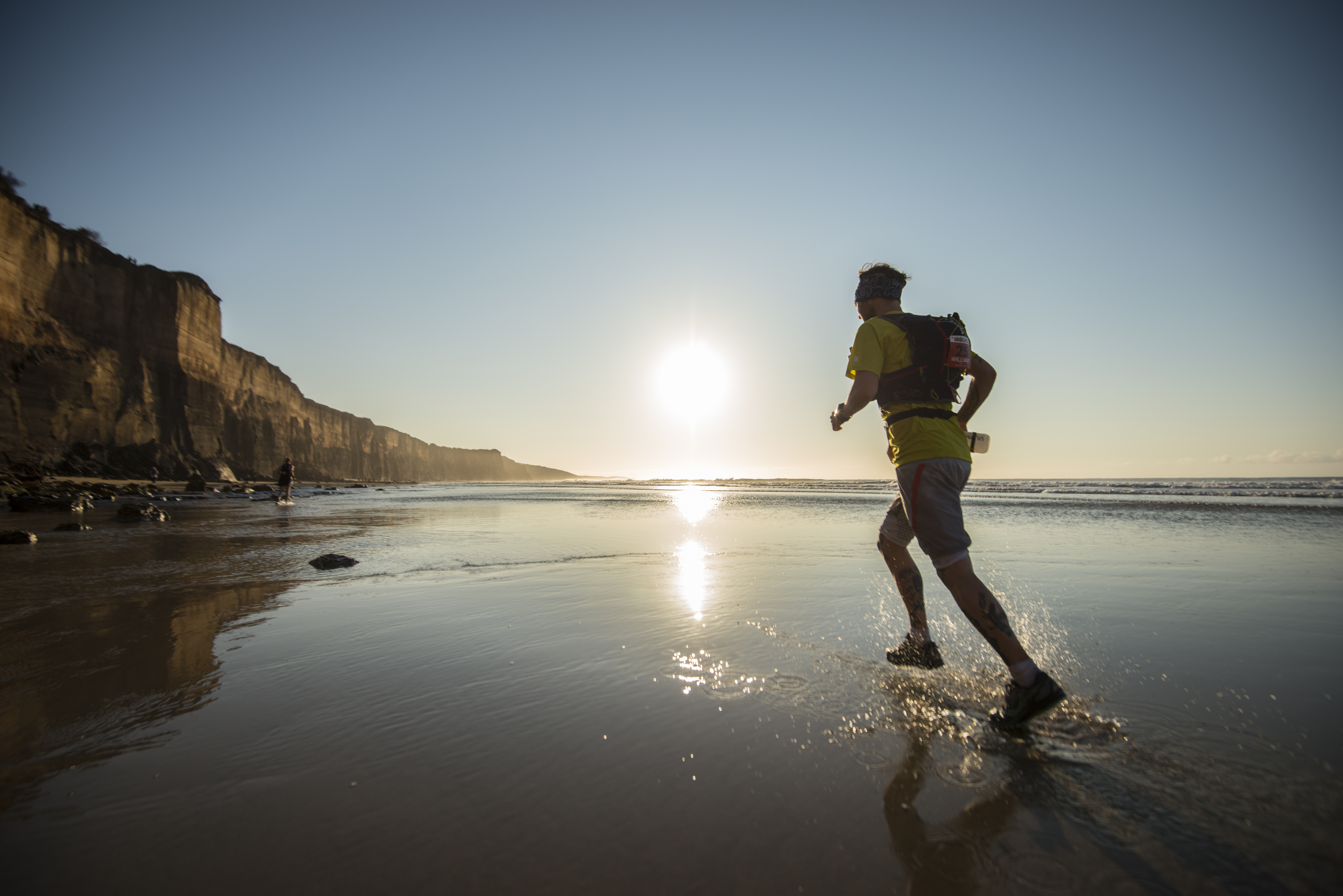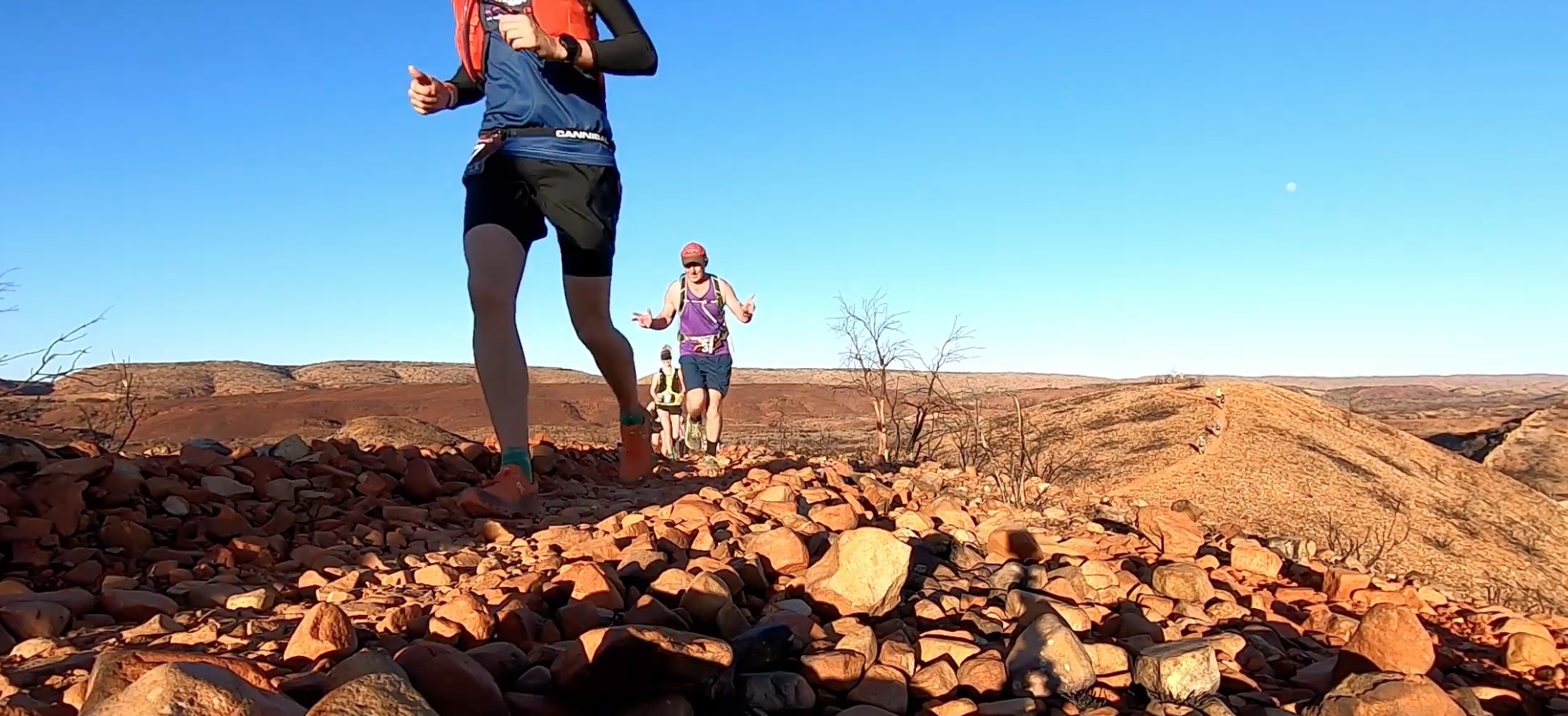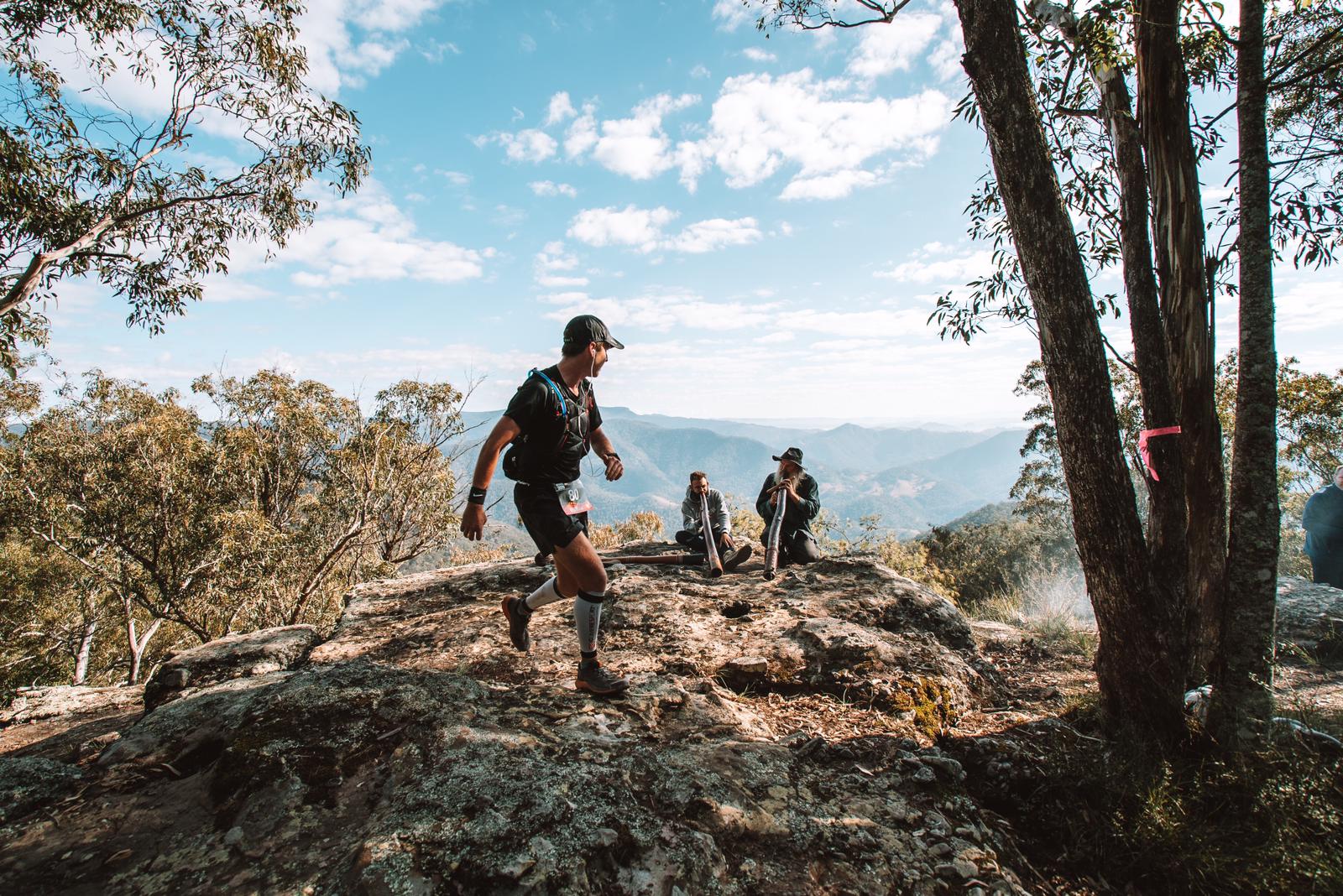Women Better Runners Than Men: Research
It’s a headline that will rouse a few eyebrows, while also getting a few heads nodding in agreement (including those fellas who have recently been ‘chicked’, as the run crowd dubs it). But perhaps it’s something we all know deep down: women are better runners than men.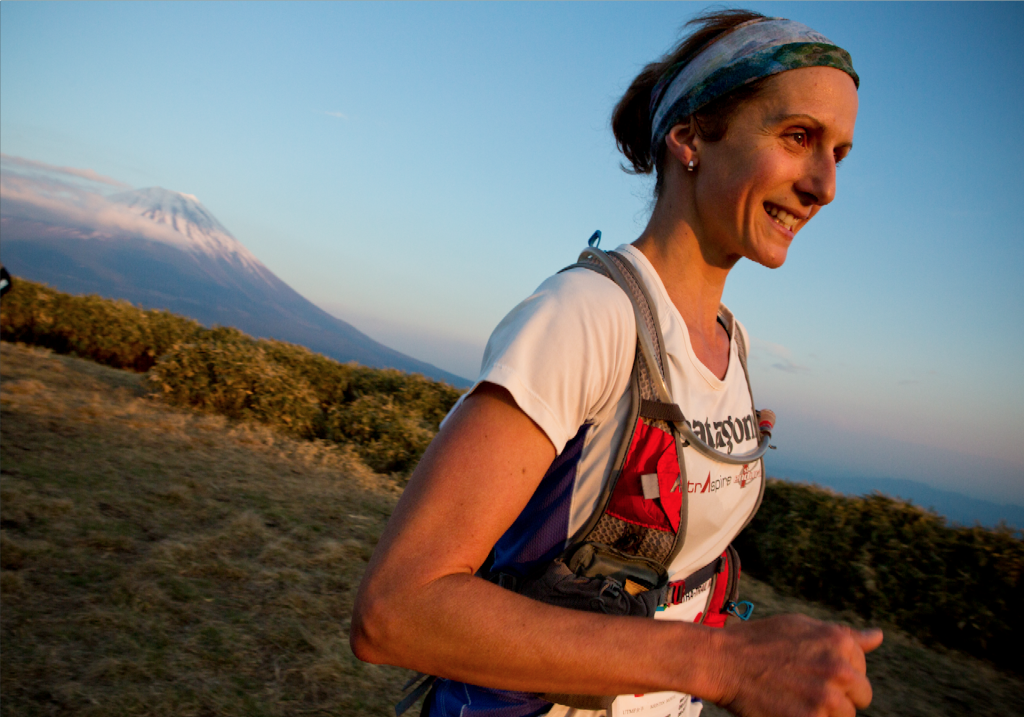
That doesn’t mean an individual female is any faster/better than an individual male (although of course that can be the case), or that women hold the ‘fastest’ titles. That’d be like saying all all female world leaders are better than male leaders – hello Queen ‘Bloody’ Mary. Too historical? Okay, hello Ms.Thatcher. Although she was hardly a Mugabe equivalent.
What we’re digressing away from is the fact that as a collective, statistically, it appears women have a much better and more successful approach to running, especially distances (and arguably politics), than men. And the reason, it seems, is that we men are a bit to full of ourselves…
Danish statistician and former competitive runner Jens Jakob Andersen has conducted the most exhaustive research of marathon results to date. The study includes more than 1.8 million marathon results from all over the world. The study includes results from 131 races from 5 different years.
The conclusion is clear: women are better at men at maintaining a consistent pace throughout a marathon, which, everything else equal, is the best strategy is you want to perform at your optimum.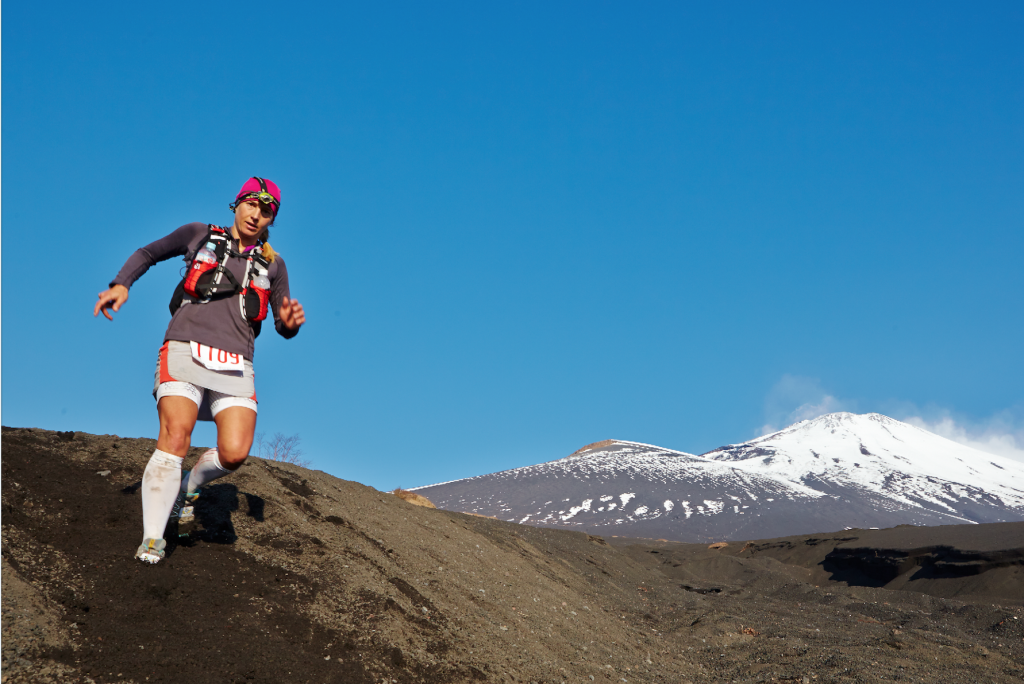
The research funded by RunRepeat concludes that women slow down 18.61% less than men on the second half of the marathon compared to the first half.
The lead researcher Jens Jakob Andersen says:
“When I participated in my first marathon I noticed how most runners slowed down on the second part. They burned out. To be honest it annoyed me a bit that people spend month, even years, preparing for a marathon, and then they don’t spend 10 minutes to evaluate the pace they are starting out with.”
As a statistician Jens digged into the numbers and found that more than 90% of runners slow down on the second part. On average, one slows down by around 12%.
It was clear that men are, on average, faster than women are. Actually, men are around 7% faster. But at keeping a consistent pace, the women outperform the men.
Why is that the case one might ask himself.
The cause, Jens says, is that we men tend to believe a bit too much in our own abilities and therefore start out too fast. Actually it is proven than men are more risk seeking than women are. This apparently also applies in running.
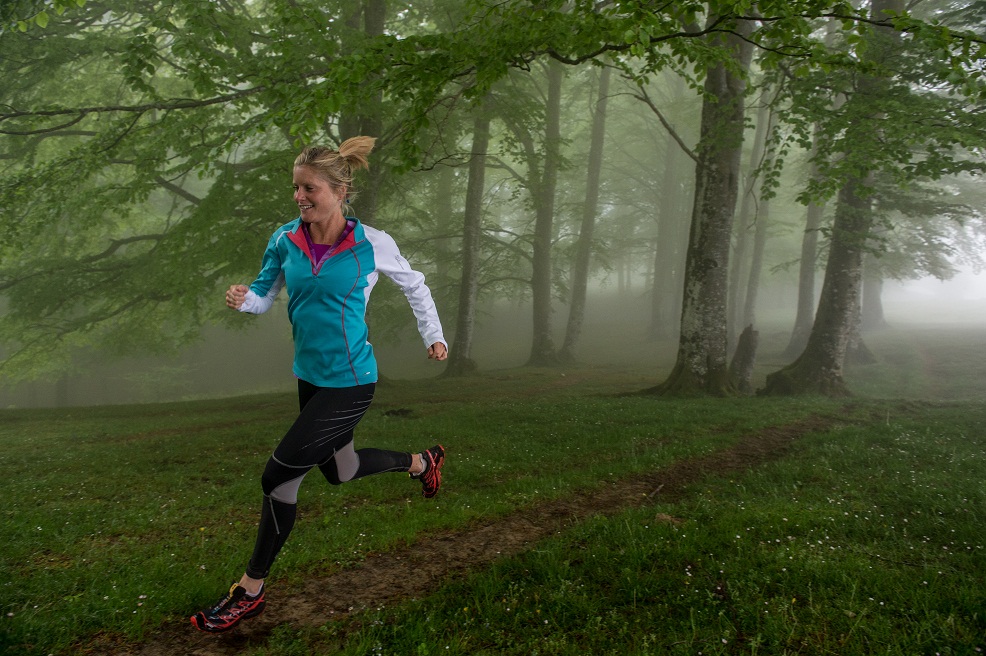 Looking at elite runners
Looking at elite runners
Usually, it is a good idea to look at the elite runners and apply some of their strategies. While the study did not focus on the elite runners it did include conclusions about the pace strategies by elite runners. The top runners of the world, especially the East African runners typically run the first and second half of their marathon with the exact same pace, and never with a difference larger than 0.1%.
How can you apply this study to your running strategy
We asked Jens how the average runner could apply this research in their training and racing. Here is what he said:
“It is important that you spend a lot of your training time in the pace that you plan to race in. Therefore, if you are planning to race a marathon at 5 min/km, then most of your training should be in that pace. This will teach you and your body what it feels like to run at that pace – even at longer distances.”
He added notes on the race day strategy:
“On the day of your race, it is important that you start out slow. Do not get too excited by the cheering crowd. I know you want to be looking good, but keep in mind that you have to keep it up for 42 km.”
You can find the full results from the research here: http://runrepeat.com/research-women-are-better-runners-than-men
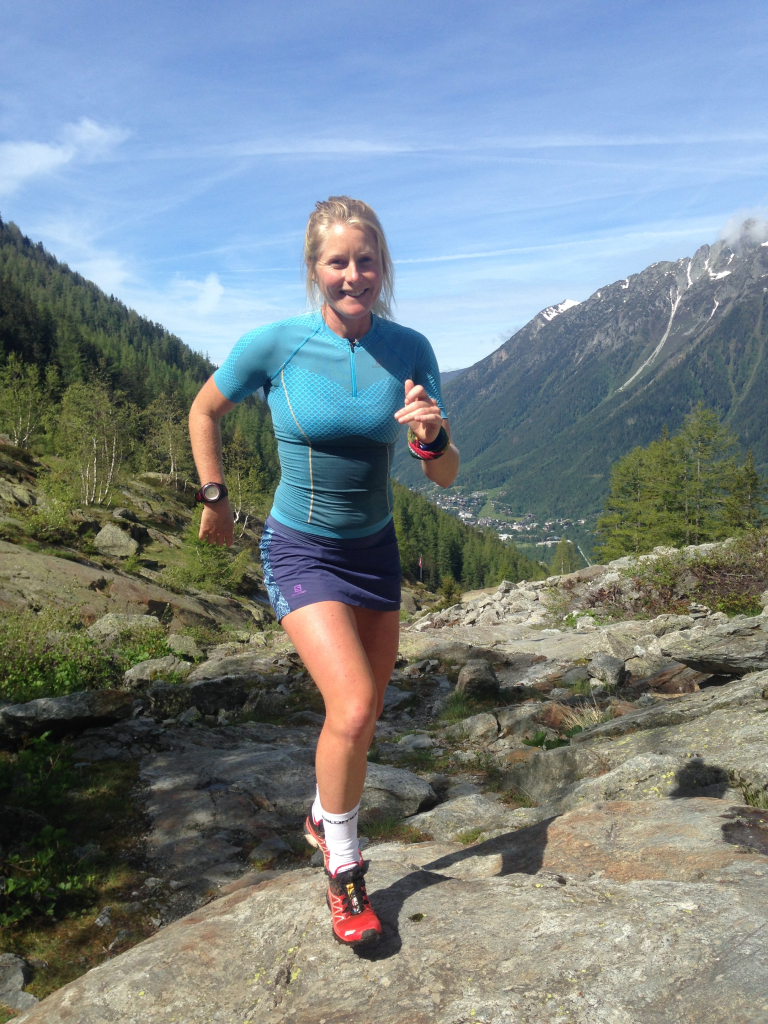 PROVING THE POINT: AWESOME FEMALE RUNNERS
PROVING THE POINT: AWESOME FEMALE RUNNERS
(in no particular order)
1. Lizzy Hawker (UK) – held the world record for 24 hrs on road until May 2013, and in 2006 became the 100 km World Champion. Lizzy is a 5 time winner of The North Face Ultra Trail du Mont Blanc, and in 2013 set a new world record running from Everest Base Camp to Kathmandu (Nepal). This was recognised in 2013 when Lizzy was named a National Geographic Adventurer of the Year.
2. Anna Frost (NZ) – since her debut in the 2004 World Mountain Running Championships in Italy, Anna Frost has hit the trails running around the world. A Team Salomon pro, Frost competes and lives mostly among the mountains, a lifestyle and dedication that has resulted in a bunch of mountain run wins from the Everest Marathon and Sky Race Marathon to Trans Rockies, TNF50 mile champs, Six Foot Track (AU), Transvulcania, Speedgoat, Azores and Buffalo Sky Run. There’s been plenty of course records en route, and her latest appointment as a Sisu Girls ambassador ensures she’ll be inspiring female trail runners for many years to come.
3. Ellie Greenwood (UK) – a 2:42 marathoner who holds the Western States 100 course record, she is a two-time100k world-champion and was named the female Ultrarunner of the Year twice by Ultrarunning Magazine. She holds numerous course records, including those for the Western States 100, the Canadian Death Race, the JFK 50 Mile Run and the Knee Knackering North Shore Trail Run. She is the first British woman to win the 90 km Comrades Marathon in South Africa.
4. Ann Trason (US) – holds several course records at top ultra races, including the American River 50, Leadville Trail 100 and Comrades, and has broken 20 world records in her career. In both 1996 and 1997, Trason won both the Western States 100 just 12 days after winning the Comrades Marathon in South Africa. She has won Western States 100 a whopping 14 times, and broken 20 world records during her career.
5. Paula Radcliffe (UK) – acknowledged as one of the finest athletes of the modern era, Paula started her running career in cross country. A six-time world champion (marathon, world cross and half), and current dual world record holder with her 30:21 for 10km and 2:15:25 marathon, she won the London Marathon in 2002, 2003 and 2005. In 2004 she won the New York Marathon in breath-taking style and in 2005 she took the gold medal at the World Championships in Helsinki for the same distance.. Besides being blazing fast, she gave all mother runners hope when she won the New York City Marathon just months after delivering her first child.
6. Amy Palmiero-Winters (US) – a runner in high school, Amy lost her left leg below the knee in a motorcycle accident in 1994. A decade later, she entered her first marathon, winning her age group. Palmiero-Winters turned to ultras in 2009, winning the Arizona Road Racers Run to the Future twenty-four-hour race, marking the first time an amputee had won an ultramarathon. In 2010, she became the first amputee to finish Western States and in 2011, she became the first female amputee to finish Badwater.
7. Katherine Switzer (German/US)- the first woman ever to run Boston Marathon with a bib, Katherine went on to fight for equality in women’s sports. In 1972, she organised the first women’s-only 10K, known today as the New York Mini. Kathrine became President of the Women’s Sports Foundation and organised the Avon International Marathon for women in 1978. The growing success of that event and the improvements in women’s times bolstered the case for Olympic inclusion. Kathrine led the effort to lobby the International Olympic Committee and in 1981, the Committee voted that the women’s marathon would be added to the lineup for the 1984 Los Angeles Games.
8. Krissy Moehl (US) – a veteran ultrarunner with 12 years of competition and 96 races under her belt. Her career includes 46 female wins and 2 outright wins… that means she’s won nearly 50% of her races (factoring in the two DNF’s). In 2005, she became the youngest female to complete the Grand Slam of ultrarunning, an honor bestowed to those who complete the Western States 100, the Vermont 100 Mile Endurance Run, the Wasatch Front 100 Mile Endurance Run, and the Leadville Trail 100 – all in one calendar year.
9. Pam Reed (US) – In 2002 Reed was the first woman to bet all comers, blokes included, to become the overall winner of the Badwater Ultramarathon. The win also set the women’s record. She then repeated as overall winner of the race in 2003. That same year she set the women’s record for the USATF 24-hour track run. In 2005, she completed a 300-mile run without sleep, completing the run in slightly less than eighty hours. Reed is the current female American record holder in six-day marathons after completing 490 miles in the Twelfth-Annual Self-Transcendence Six-Day Race in New York.
12. Nikki Kimball (US) – an American distance runner specialising in ultra distances, she ran her first 100-mile race at the Western States 100 Mile Endurance Run in 2004, and was the female winner. She won at Western States again in 2005 and 2007, becoming only the third woman to win that event three times. In 2014, she won the Marathon Des Sables multi-stage endurance race on her first attempt.
11. Your call…(we know you’ll have an opinion). Let us know on our Facebook stream (find the post linking to this article).
Biography
The lead researcher Jens Jakob Andersen is a former competitive runner in Denmark. Today he has dedicated his life to create transparency in the running shoe market, which he does through RunRepeat. The website is the largest website with reviews of running shoes in the world and includes more than 100,000 reviews.
DOWNLOAD FOR FREE: the current edition of Trail Run Mag (Ed#15).
Free PDF available or subscribe for an IPad or Kindle Fire version.
BUY: the limited collectors’ edition HARDCOPY, a stunning coffee table version packed with timeless features celebrating your trail running lifestyle. Also available in limited sizes, our ‘One Life, Many Trails’ tees. Check in to Trail Run Mag’s shop. 


